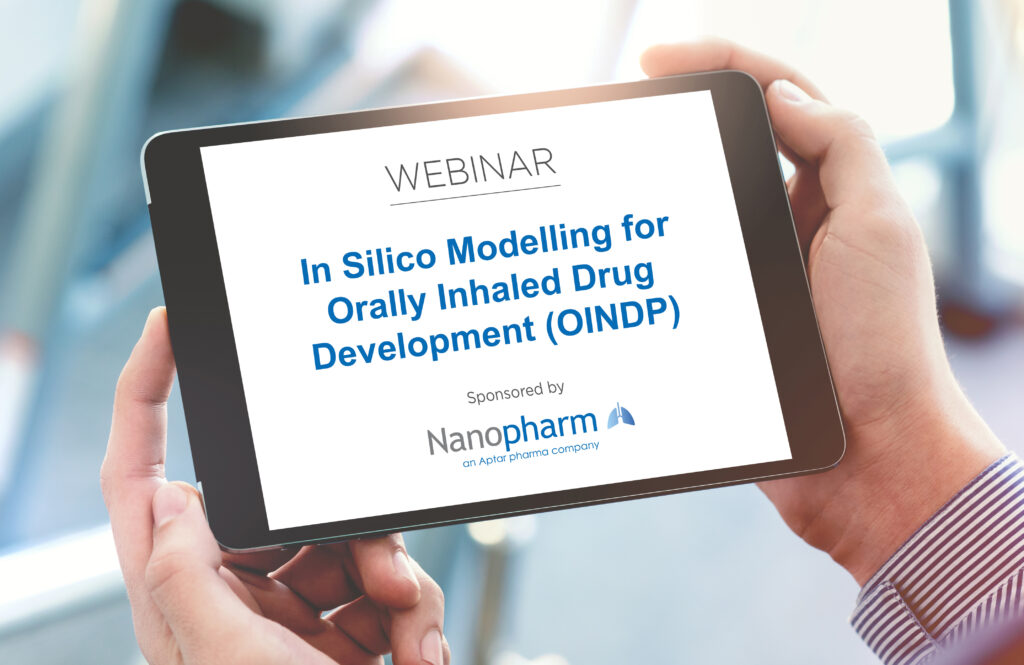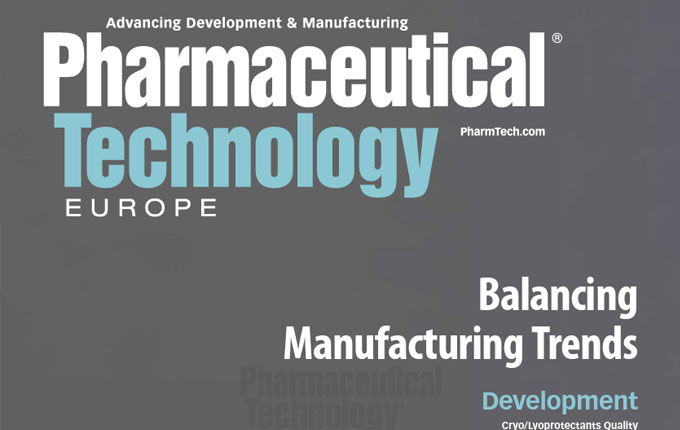Traditional drug development is a lengthy and expensive endeavor, often taking up to 15 years and costing an average of $12 billion. In stark contrast, repositioning a drug typically cuts the development timeline to between 6 to 9 years, with costs averaging around $1.6 billion. This reduction in time and expense not only benefits pharmaceutical companies by serving as an efficient lifecycle management tool but also aids healthcare practitioners and patients by accelerating the introduction of new therapies to the market.
One of the most effective methods of drug repositioning is through intranasal drug delivery. This method employs a nasal drug delivery system, which has demonstrated considerable success in the pharmaceutical landscape. Intranasal delivery offers many advantages. It offers a non-invasive route for drug administration, potentially increasing patient compliance. Furthermore, this method bypasses the first-pass metabolism in the liver, allowing for more of the drug to reach the systemic circulation directly. This can enhance the efficacy of the drug and reduce side effects associated with hepatic metabolism.
Aptar Pharma, a key player in this field, offers comprehensive support for drug repositioning, specifically focusing on intranasal delivery methods. The company’s expertise span the entire repositioning process – from the initial design and manufacture of the drug delivery device, through formulation development, all the way to patient training. Aptar Pharma’s expertise in nasal technology and drug delivery devices ensures that pharmaceutical companies can navigate the complexities of repositioning with greater ease and efficacy.
The process of drug repositioning via intranasal delivery, however, is not without its challenges. One of the primary hurdles is the development of an effective nasal drug delivery system that can consistently deliver the drug in the desired quantity and at the correct rate. This system must be carefully designed to ensure patient comfort and ease of use, factors that are crucial for ensuring patient adherence to the treatment regimen. Additionally, the formulation of the drug must be optimized for nasal delivery, which can involve altering its physical and chemical properties to improve absorption and efficacy when administered through the nasal route.
Aptar Pharma’s has expertise in nasal technology and drug delivery devices enables it to assist pharmaceutical companies in navigating these obstacles efficiently. Aptar Pharma’s end-to-end support encompasses assistance in the selection of the technology to use, formulation optimization, regulatory guidance, and patient education. This comprehensive approach ensures that the repositioned drugs not only meet the regulatory standards but also are well-received by the market.
In conclusion, the strategy of drug repositioning, particularly through intranasal delivery, is rapidly emerging as a cornerstone in the pharmaceutical industry’s efforts to bring new therapies to market more quickly and cost-effectively. With companies like Aptar Pharma providing specialized support in nasal drug delivery systems and devices, pharmaceutical companies are well-positioned to exploit the full potential of this approach. This not only fosters innovation within the industry but also holds significant promise for improving patient care by making new treatments available in a more expedient manner. As the field of drug repositioning continues to evolve, it is likely that intranasal delivery will play an increasingly prominent role in the landscape of pharmaceutical development and lifecycle management.
Learn more about Aptar Pharma Expertise
in Nasal Drug Delivery
This Might Also Be of Interest

Delivering Nasally Administered Biologics
Webinars, Pharmaceutical, Innovation & Insights, Device Innovations, Market Insights, Product Solutions

Nasal Casts, Tools to Enable Nasal Drug Delivery Development
Webinars, Pharmaceutical, Market Insights, Product Solutions, Device Innovations

Optimizing Preclinical Studies for Intranasal and Pulmonary Programs
Webinars, Pharmaceutical, Innovation & Insights, Device Innovations, Market Insights, Product Solutions

In Silico Modelling for Orally Inhaled Drug Development (OINDP)
Webinars, Pharmaceutical, Market Insights, Product Solutions, Innovation & Insights

